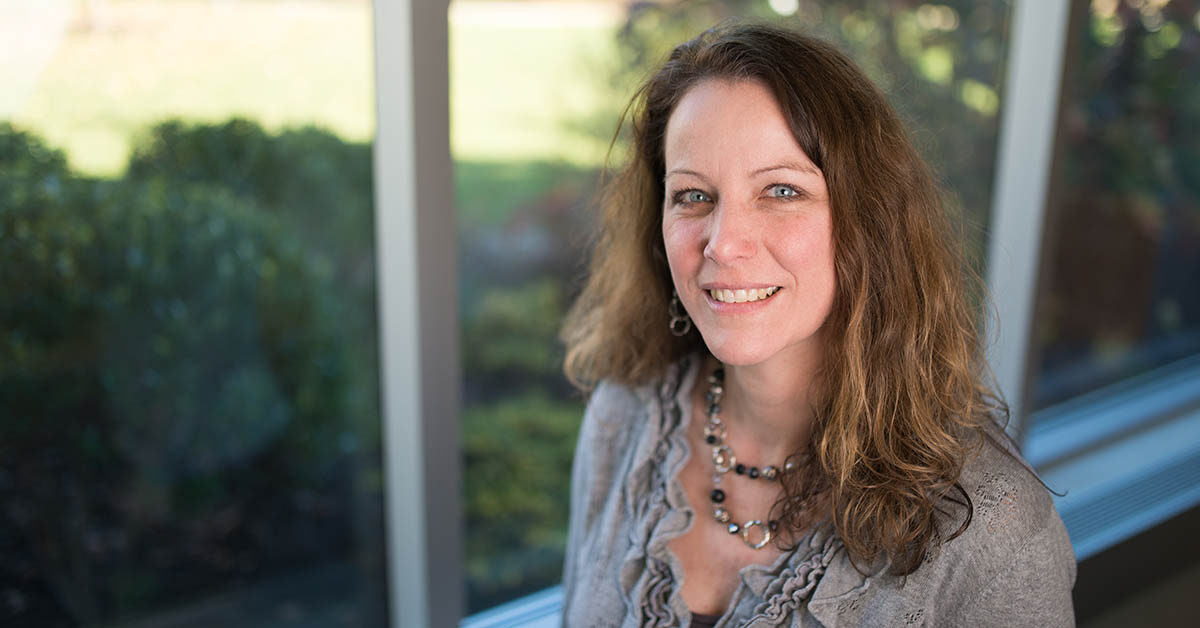
PHILADELPHIA (July 13, 2021)—Researchers at Fox Chase Cancer Center have received a grant to study how stem cells in the ovary respond to nutrition, particularly in ways that mirror certain cancers.
Alana M. O’Reilly, PhD, associate professor in the Molecular Therapeutics Program, is the recipient of the Exploratory/Developmental Research Grant Award (R21) from the National Institutes of Health (NIH). This award will fund $275,000 in direct research costs over the next two years.
The grant comes at a particularly challenging time for the research community. “We were thrilled to be awarded this grant during the pandemic; it’s actually kind of surreal,” said Eric Lee, PhD, a postdoctoral associate in O’Reilly’s lab whose research is at the center of this grant. “It’s also a testament to our team here that the NIH felt that we have great ideas, backed by promising data, that merit their support.”
The proposed research centers on the hedgehog signaling pathway, a common target for cancer therapies, whose activity can lead to cancers of the skin, brain, lung, breast, pancreas, and prostate. This pathway is necessary for the growth and expansion of adult stem cells, which are important for tissue regeneration. The O’Reilly lab studies how these molecules function in fruit fly ovaries, where the adult stem cells are clearly defined.
In previous work, the research group showed that stem cells in the fly ovary are inactive when the fly hasn’t eaten but divide shortly after it gets a meal. Because of this, the stem cells aren’t overworked when the fly is starving, which promotes a healthier and more enduring fly. This process is regulated by the hedgehog pathway.
O’Reilly, who is also scientific director of the Immersion Science Program, is focused on identifying the other molecules that regulate this process, as well as nutrients and potential treatments to affect them.
Recently, Lee found that ovarian stem cells in the fly ovary form tentacle-like “projections” in response to feeding. He and his colleagues were also able to identify genes that control the formation of these projections.
O’Reilly’s team is also using next-generation sequencing approaches to identify the molecules in the stem cell that change after feeding. So far, they have shown that genes which are normally active in neurons get turned on in ovarian stem cells after feeding, including genes that are involved in forming neuronal projections known as axons that help to signal between brain cells.
The research group intends to use the funds from this research grant to further investigate these “axon-like” projections in the ovary, including whether these axons enable the stem cells to communicate with each other.